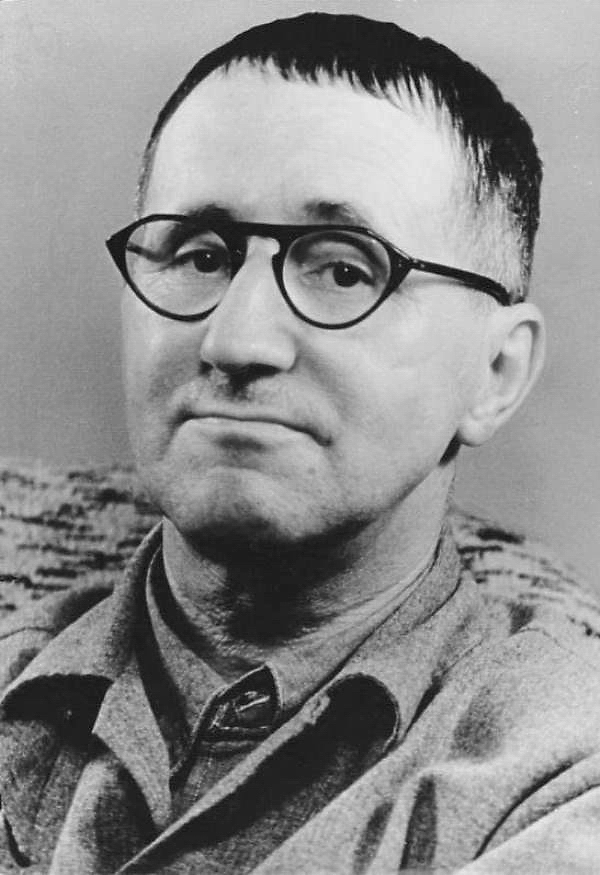I am rereading portions of German composer Bertold Brecht’s famous 1932 essay “The radio as an apparatus of communications,” and I am confused. Is he really talking about radio?
The medium, Brecht wrote, “is one-sided when it should be two- . . . ”
“It is purely an apparatus for distribution, for mere sharing out. So here is a positive suggestion: change this apparatus over from distribution to communication. The radio would be the finest possible communication apparatus in public life, a vast network of pipes. That is to say, it would be if it knew how to receive as well as to transmit, how to let the listener speak as well as hear, how to bring him into a relationship instead of isolating him. On this principle the radio should step out of the supply business and organize its listeners as suppliers. Any attempt by the radio to give a truly public character to public occasions is a step in the right direction.”
Correct me if I’m wrong, but this is a guy who is talking about the Internet, not radio. Or at least that’s what he seems to want. Given how distant the reality of the ‘Net was to 1932, however, he probably meant something along the lines of community radio. Brecht thought little of schools and other institutions where people go to receive an “education” that “leads nowhere and has come from nothing.” He loved the interactivity of the theater—his career at its height with the Weimar era release of his and Kurt Weill’s masterpieces: Three Penny Opera and Mahagonny.
In any event, who or what was going to facilitate this two-way radio reality? The state, Brecht suggested, or at least a future one.
“Only the State can organize this,” Brecht continued. “Its proper application, however, makes it so ‘revolutionary’ that the present-day State has no interest in sponsoring such exercises.”
And the next state (Hitler’s), sure didn’t either, as this subsequent poem suggests:
Radio Poem
You little box, held to me escaping
So that your valves should not break
Carried from house to house to ship from sail to train,
So that my enemies might go on talking to me,
Near my bed, to my pain
The last thing at night, the first thing in the morning,
Of their victories and of my cares,
Promise me not to go silent all of a sudden.
Ah, what would Brecht have thought of Facebook? We’ll never know.



